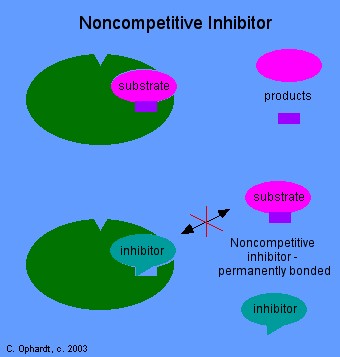|
|
|
This year, an estimated 1.4 million Americans will have a new or recurrent heart attack.
More than 34,000 trademarked medication names and more than 10,000 generic medication names are in use in the United States.
In 1864, the first barbiturate (barbituric acid) was synthesized.
Increased intake of vitamin D has been shown to reduce fractures up to 25% in older people.
Tobacco depletes the body of vitamins A, C, and E, which can result in any of the following: dry hair, dry skin, dry eyes, poor growth, night blindness, abscesses, insomnia, fatigue, reproductive system problems, sinusitis, pneumonia, frequent respiratory problems, skin disorders, weight loss, rickets, osteomalacia, nervousness, muscle spasms, leg cramps, extremity numbness, bone malformations, decayed teeth, difficulty in walking, irritability, restlessness, profuse sweating, increased uric acid (gout), joint damage, damaged red blood cells, destruction of nerves, infertility, miscarriage, and many types of cancer.







